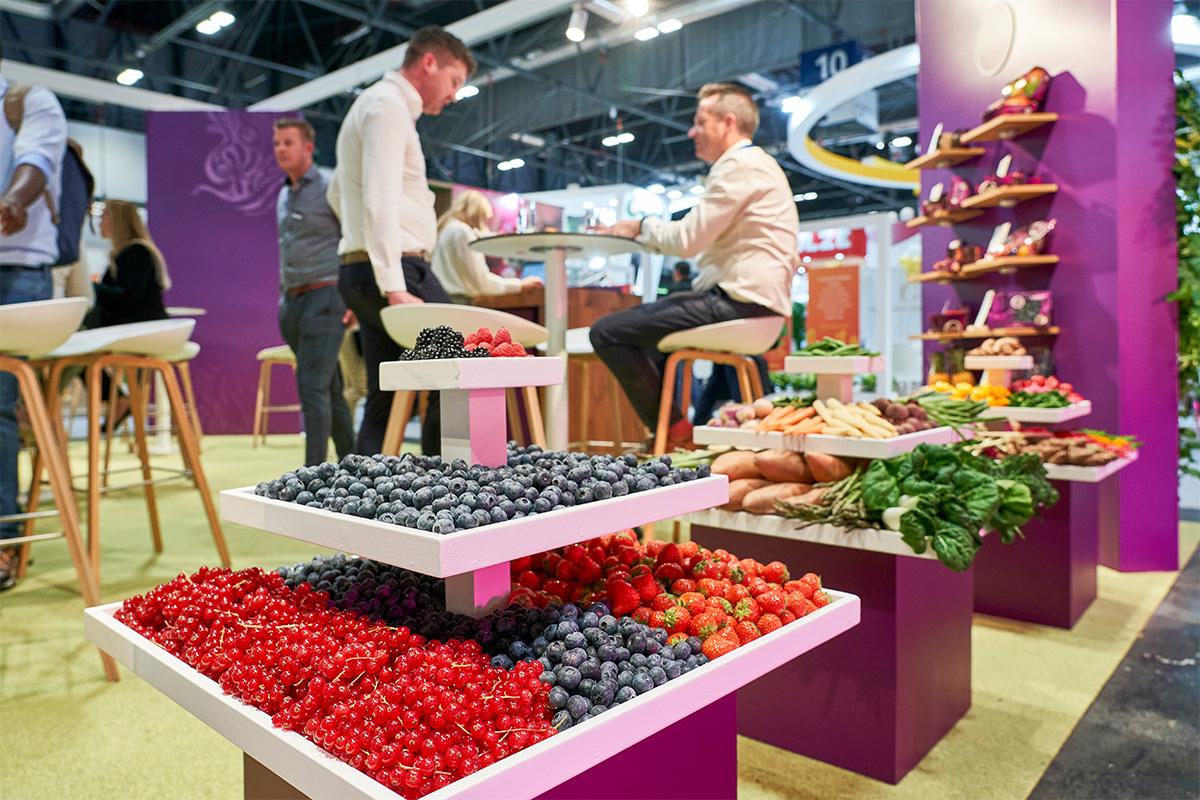
Expanding Frontiers: ApexBrasil Drives Exports of Fruits and Derivatives
Expanding Frontiers: ApexBrasil Drives Exports of Fruits and Derivatives
Amidst the expansion of Brazilian fruit exports, the Brazilian Trade and Investment Promotion Agency (ApexBrasil) aims to take the Brazilian fruit industry even further. In the last year, international sales of Brazilian fruits surpassed the historic mark of US$ 1.3 billion, representing a growth of 22.2% compared to the previous year.
To consolidate and further expand these results, one of the strategies adopted by ApexBrasil to boost exports in the fruit sector is the participation in international events, such as the next edition of Fruit Attraction, which will take place in São Paulo between April 16th and 18th. It is one of the largest and most important fruit fairs in the world, being of great importance and strategic for the Brazilian fruit sector, providing valuable business opportunities with international buyers.
It is important to highlight that we have traditionally participated in Fruit Attraction Madrid, which takes place in October of each year, always with good business results, so our expectation for the São Paulo edition is no different, we are betting on the total success of the event.
The expansion and diversification of the export market have reinforced the potential of the country that produces tasty and high-quality fruits, and more than that, all year round. The European Union and the United Kingdom continue to be the main export destinations, accounting for 75% of the total volume, with a growth bias. In South America, another market with growing potential, there is a rising demand for products in Chile (lemon, avocado, papaya), in addition to advances in the opening of the market in Argentina. For the United States, a market with great potential, we are in an advanced process of opening for lemon and avocado.
In recent times, Brazil has been prospecting new markets, such as the Arab countries and Asia, with special expectations for the opening of the grape market, awaiting the final approval of the Chinese government. In the United States, a market with very high potential, the challenge is technical barriers. Grapes, again, have good expectations for exports, especially to California.
Brazil is the third largest fruit producer in the world, behind only China and India, with an average annual production of around 54 million tons. It is estimated that the country plants around 2.5 million hectares of fruits throughout its territory – a complex production chain with more than 30 fruit species and 120 varieties – by approximately 160 thousand rural producers. Brazil’s export potential is enormous, currently corresponding to only 2.2% of its production, however, there is room to advance since it participates with about 2.5% in the global turnover of the fresh fruit business estimated at 60 billion dollars per year.